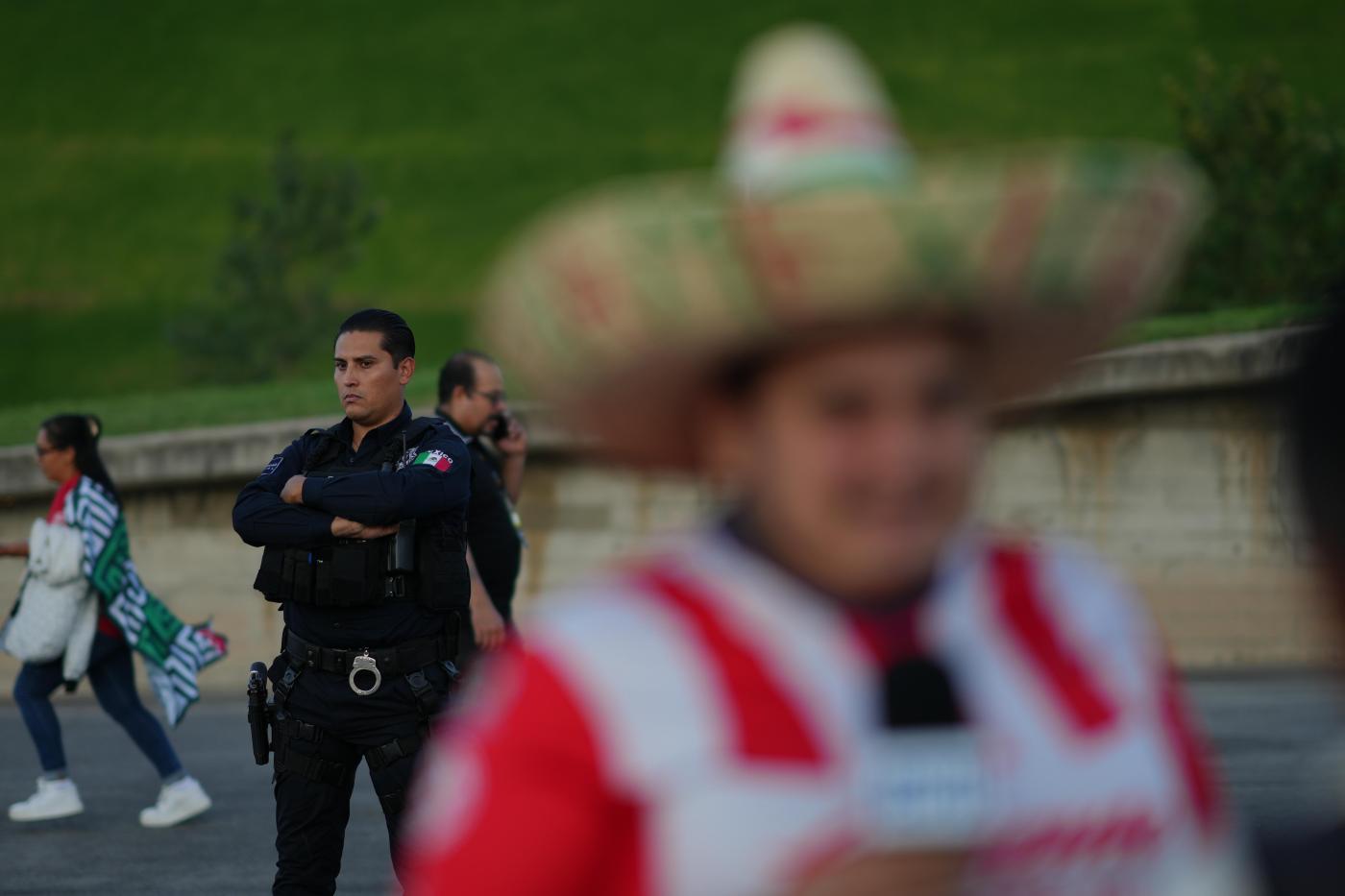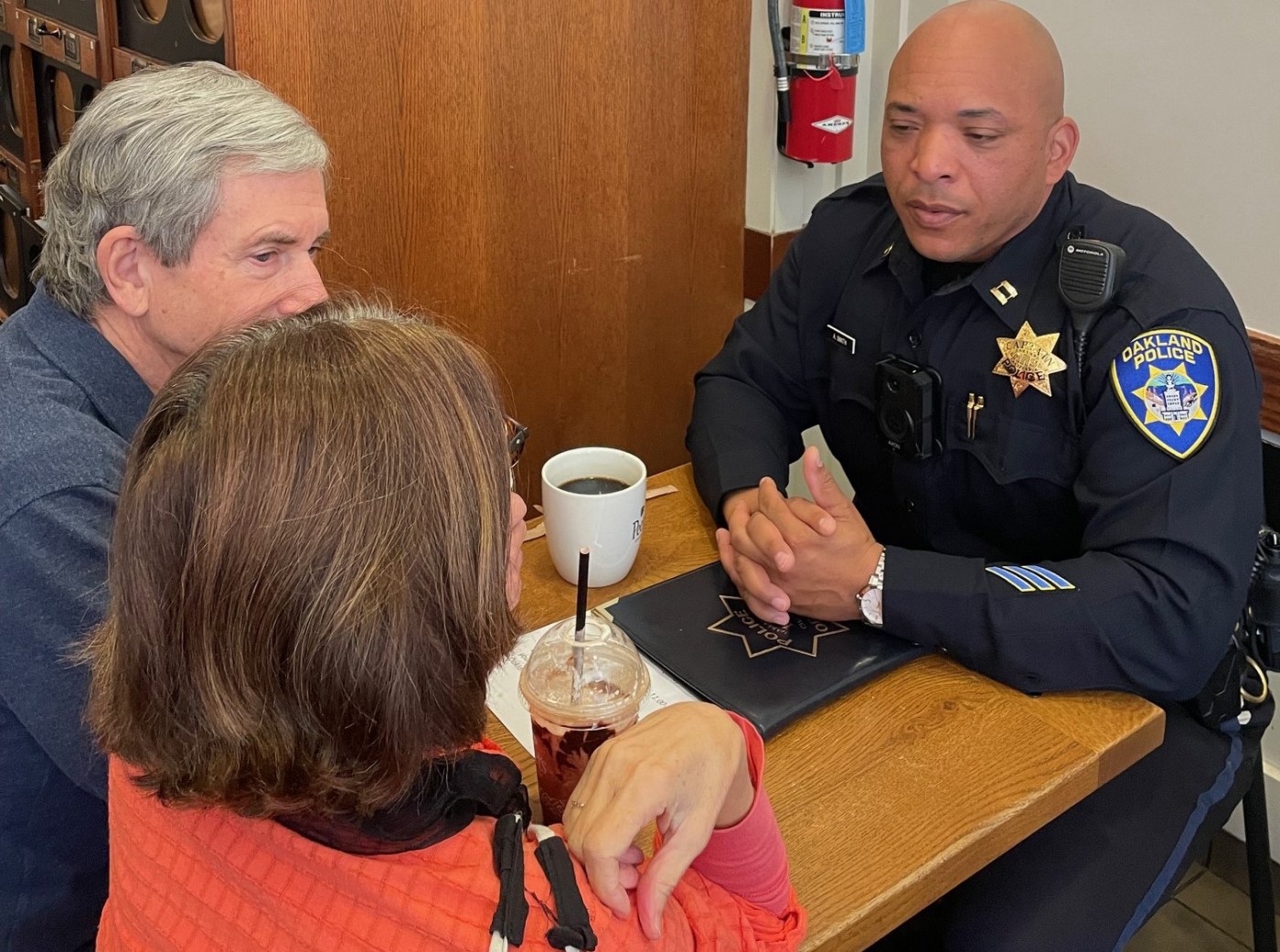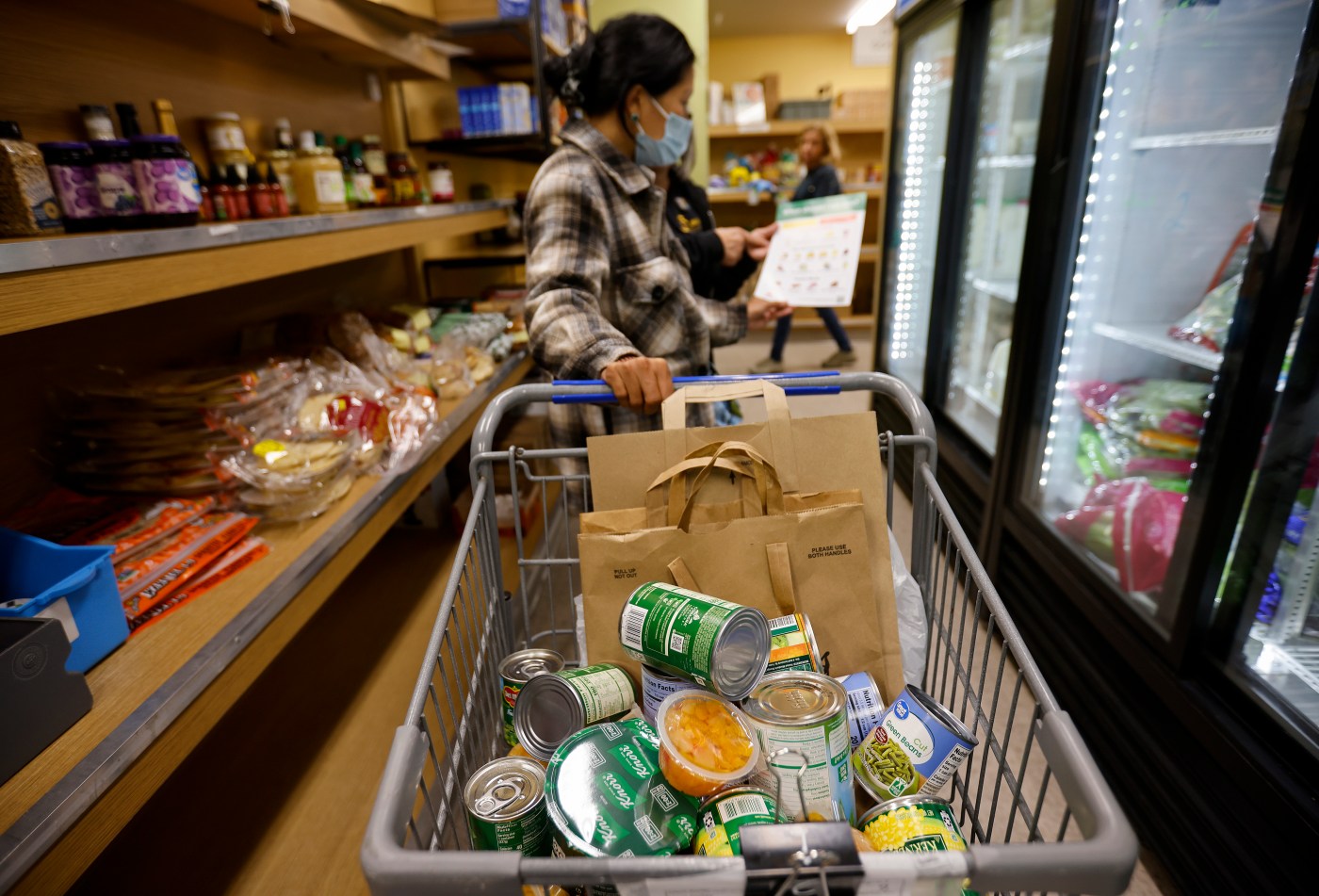By FABIOLA SÁNCHEZ
GUADALAJARA, Mexico (AP) — Fans flocking to a soccer match in Zapopan chanted “Mexico! Mexico!” while walking past dozens of police officers, bomb-sniffing dogs, metal detectors and drone jammers — as authorities fine-tuned security ahead of the 2026 FIFA World Cup. A few miles away, south of Guadalajara, a different sort of deployment was underway: National Guard troops stood sentry as volunteers dug up the small patio of an abandoned house looking for some of Mexico’s 134,000 disappeared.
It’s a jarring contrast especially present in Jalisco, where 48,000-seat soccer stadiums and fan zones — like the site of the Oct. 14 friendly match between Mexico and Ecuador — coexist with one of the world’s most powerful criminal organizations. The state — which will host four World Cup matches in June 2026 — is home to the Jalisco New Generation Cartel, arguably Mexico’s most powerful with an estimated 19,000 members and operations spanning 21 of Mexico’s 32 states.
Related Articles
With 3 major sporting events, will San Jose escape San Francisco’s shadow?
FIFA opens 2nd phase of World Cup ticket sales with exclusive slots for US, Canada, Mexico
Security planning for Bay Area hosting Super Bowl and World Cup weighs grim specter of terrorism
FIFA announces over 1 million tickets sold for 2026 World Cup in North America
What to know about President Trump’s threat to take World Cup matches from Boston
With a population of 8 million, Jalisco leads in disappearances and is among Mexico’s top four states for crime rate. As of October, the state had reported approximately 1,000 disappearances — a 30% surge compared to the same period the previous year, according to Mexico’s National Search Commission.
Yet, neither the soccer fans attending the recent soccer match, nor the officials securing the site expressed concern about hosting an international sporting event on the home turf of the Jalisco cartel. The reasons offered varied, spanning the notion of a temporary, tacit truce between criminals and the government, to the inherent security boost that such major events provide.
“If you don’t get yourself into trouble, nothing will happen,” said Javier Rodríguez, an 18-year-old college student on his way to the stadium.
Searching for the disappeared
South of Guadalajara, off the highway that leads to the snowbird destination of Lake Chapala, Indira Navarro and a group of volunteers dug up the concrete slab behind an abandoned house following a tip that human remains were buried there.
They’re members of the Jalisco Search Warriors, one of many volunteer groups across Mexico who spend their free time searching for the missing, hoping to find their own relatives or bring closure to another family.
They didn’t find anything that morning. However, earlier this year the team searched a ranch near Guadalajara — a site authorities raided the prior year — unearthing hundreds of garments and burned bone fragments that left authorities scrambling to explain why the initial investigation of the purported cartel recruitment and training site had been so shoddy.
Navarro is searching for her brother who disappeared in the neighboring state of Sonora in 2015. Since March, she has lived with round-the-clock protection of the National Guard because of the death threats she received after publicizing the group’s discovery at the ranch.
Soccer and crime
The Jalisco New Generation Cartel, which the Trump administration designated a foreign terrorist organization earlier this year, has established itself as Mexico’s most powerful criminal organization. It earned its reputation through bold attacks on authorities, such as downing a Mexican military helicopter with a rocket-propelled grenade and attempting a spectacular ambush of a Mexico City police chief in 2020.
Experts say there has not been a criminal organization so powerful in Jalisco since the late 1980s, the last time Guadalajara hosted international matches during the 1986 World Cup.
Roberto Alarcón, Jalisco’s state security strategy coordinator, downplayed the local cartel’s presence while simultaneously suggesting that their dominance actually makes security efforts easier.
“Not having a great number of criminal groups like other states allows … security authorities to attack these groups in a better, more controlled way,” said Alarcón, adding that all major crimes in the state are, in fact, trending downward.
Security analyst David Saucedo expects to see a tacit agreement between the cartel and the government, in which security forces would hold off on operations to capture cartel leaders, provided the cartel avoids any high-profile actions.
“I think both sides will agree to a truce that, obviously, might not last very long,” Saucedo said. “But I think it’s convenient for everyone.”
He warns, however, that such a truce will not mean the cartel will stop committing crimes.
Organized crime, he said, will take advantage of the World Cup to “increase its criminal activity” in casinos, street-level drug sales, sexual tourism and reselling tickets, he said. “I think they’re going to enjoy the World Cup themselves.”
A stark paradox
A day before the Oct. 14 friendly match, Jalisco Gov. Pablo Lemus, local politicians and soccer federation officials spoke to the media about the investments being made ahead of the World Cup and the advantages of having Jalisco as a host. Security concerns and preparedness were notably absent from the discussion.
Jalisco officials say the 2026 World Cup is expected to generate $1 billion in revenues for the state and create up to 7,000 jobs, primarily in the tourism and construction sectors, as the area rushes to add 12,000 new hotel rooms before the tournament.
“The 2026 World Cup is a great opportunity for Jalisco to position itself before the world,” Lemus told reporters.
The following night, Johana Jaramillo, a 42-year-old event producer working at a fan zone outside the stadium, confronted the stark paradox of hosting a major international event in a place so steeped in suffering.
“These events help slightly repair social pain and bring the opportunity for better security measures simply because so many people are attending,” she said.
In addition to drone jammers and armored vehicles, Jalisco is installing 3,000 additional surveillance cameras, pushing the state’s total past 10,000, a legacy of the World Cup that could continue to benefit residents after the tournament ends.
But for those like Navarro, who have dedicated their lives to searching for loved ones with little help from authorities, the World Cup hype feels like whitewashing Jalisco’s violence.
“They want to wash away everything that has to do with the issue of the disappeared,” she said. “But they won’t be able to do so because we’re going to continue fighting.”
____
Follow AP’s coverage of Latin America and the Caribbean at https://apnews.com/hub/latin-america





